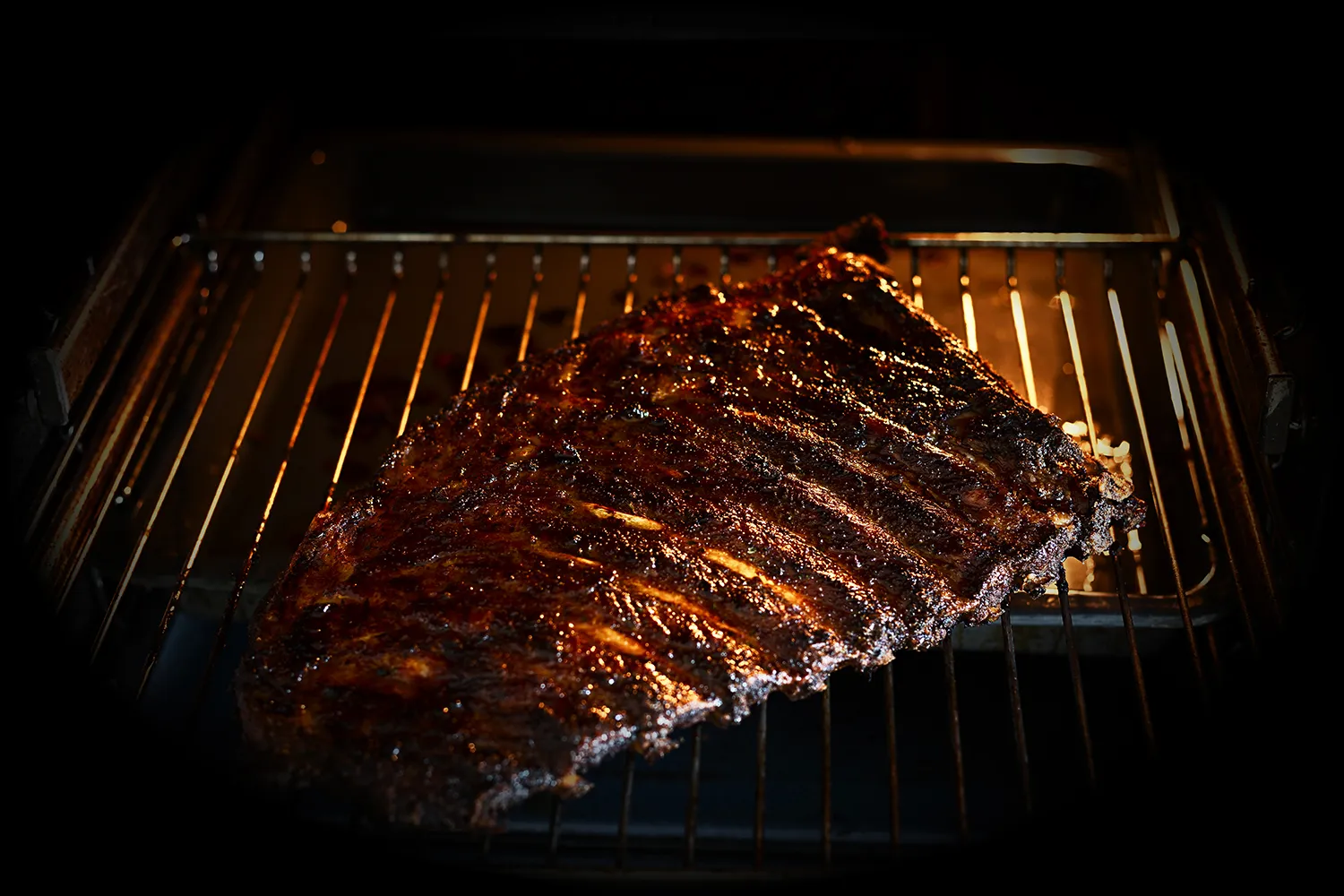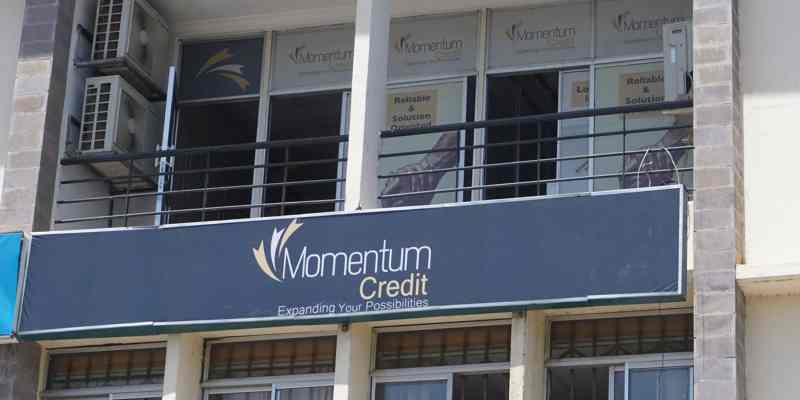Macadamia farming in Kenya is a goldmine waiting to be tapped. Kenya is now the second-largest exporter and third-largest producer of macadamia nuts in the world.
With global demand rising and local land available, Kenyan farmers have a massive opportunity to benefit. Yet, most small-scale farmers are still hesitant to venture into it, mainly due to lack of government support.
This guide gives you all you need to know to get started with macadamia farming—from choosing the right variety to selling your harvest profitably.

Understanding Macadamia Farming In Kenya
Macadamia is a high-value nut crop mostly grown for export. About 90% of macadamia nuts grown in Kenya are sold internationally, fetching better prices than many traditional crops. Despite this, adoption remains low due to minimal extension services, lack of awareness, and pest problems.
One acre of land can accommodate up to 70 macadamia trees, and when mature, each tree can produce 50 to 300 kilograms of nuts annually. However, low yields are common among local farmers due to poor practices and pest attacks.
Macadamia trees take about 6 to 7 years to begin production, but once they start, they can produce for over 40 years, making them a long-term income source.
Best Macadamia Varieties to Grow in Kenya
The key to successful macadamia farming lies in planting the right variety. The Murang’a 20 (MRG-20) variety is currently the best-performing type in Kenya. It matures faster, produces more nuts, and adapts well to many climatic zones.
Other recommended varieties include:
- KRG-15
- EMB-1
- KMB-3
For better pollination and improved yields, farmers are encouraged to plant different varieties together on their farms.
Ideal Conditions for Growing Macadamia
Macadamia trees need specific conditions to thrive and produce well. Here’s what to consider:
- Soil: Use deep, well-drained, slightly acidic soils with good organic matter. Avoid waterlogged or saline soils.
- Rainfall: A yearly rainfall of 800 to 1200mm is ideal. In dry regions, consider using drip or overhead irrigation.
- Spacing: Plant trees 10 meters by 10 meters apart. This ensures proper air circulation and access to sunlight.
- Wind Protection: Strong winds can damage trees, so plant windbreakers such as tall grasses or trees around your orchard.
- Weeding and Manure: Weed regularly and apply manure at least once a year to support soil health and nutrient balance.
Common Pests and How to Manage Them
Pests are one of the biggest threats to macadamia yields. Common pests include:
- Nut borers
- Thrips
- False codling moths
To manage pests:
- Monitor trees regularly for signs of damage.
- Use organic sprays or approved pesticides if infestations are serious.
- Maintain clean and well-pruned orchards to prevent breeding grounds.
Proper Harvesting of Macadamia Nuts
Macadamia nuts should be harvested only when they are fully mature. Harvesting immature nuts leads to poor quality and financial losses.
Here are some tips for proper harvesting:
- Wait for nuts to fall naturally from the tree.
- Collect nuts regularly to avoid rot and pest damage.
- Avoid storing immature nuts—they spoil quickly and lower quality.
- Use sisal bags or breathable sacks for storage. Never use plastic bags as they retain moisture.
Where to Sell Your Macadamia in Kenya
Kenya has several licensed macadamia processors who buy nuts from farmers. Selling directly to these companies offers better prices and reduces chances of being exploited by middlemen.
Here are some of the top licensed macadamia buyers in Kenya:
- Jungle Nuts Ltd – Thika
Email: [email protected] - Hannjo Nuts Ltd – Nairobi
Email: [email protected] - Equatorial Nut Processors – Parklands
Email: [email protected] - Paem Company – Thika
Email: [email protected] - Sagana Nuts Company – Sagana
Email: [email protected] - Afri China International – Nairobi
Email: [email protected] - Eureka Nuts EPZ – Athi River
Email: [email protected] - Superfine Africa Nuts – Thika
Email: [email protected] - Athi River Oil Africa EPZ – Athi River
Email: [email protected] - Fair Oils EPZ – Athi River
Contact: 0719 762 543
More licensed processors include:
- Limbua Group – Embu
- The Village Nuts – Karatina
- Farm Gate East Africa – Mombasa
- Ten Senses Africa – Athi River
- Wish Kenya Ltd – Thika
- Wondernut International – Athi River
- Afrimac Nuts – Maragua
- Kakuzi Ltd – Thika
- Macnuts International – Athi River
- Batian Nuts – Nkubu
- Sasini Nuts EPZ
- Jumbo Nuts – Embu
- Exotic EPZ – Nairobi
- Farmica EPZ – Athi River
Contact these companies directly for pricing, quality requirements, and delivery arrangements.
Why Macadamia Farming In Kenya Is Worth It
Although it takes years before macadamia trees start producing, the long-term benefits far outweigh the wait. A single mature tree can earn a farmer thousands of shillings annually. With rising demand from Europe, China, and the U.S., Kenya is well-positioned to grow its exports and benefit its farmers.
To succeed, farmers need to:
- Use certified seedlings
- Practice proper spacing and soil care
- Monitor for pests and diseases
- Harvest mature nuts only
- Sell to licensed processors
Macadamia farming in Kenya is a sustainable business with the potential to lift thousands out of poverty and create jobs across the value chain. With a little patience, effort, and the right knowledge, farmers can reap big rewards from this golden nut.











































